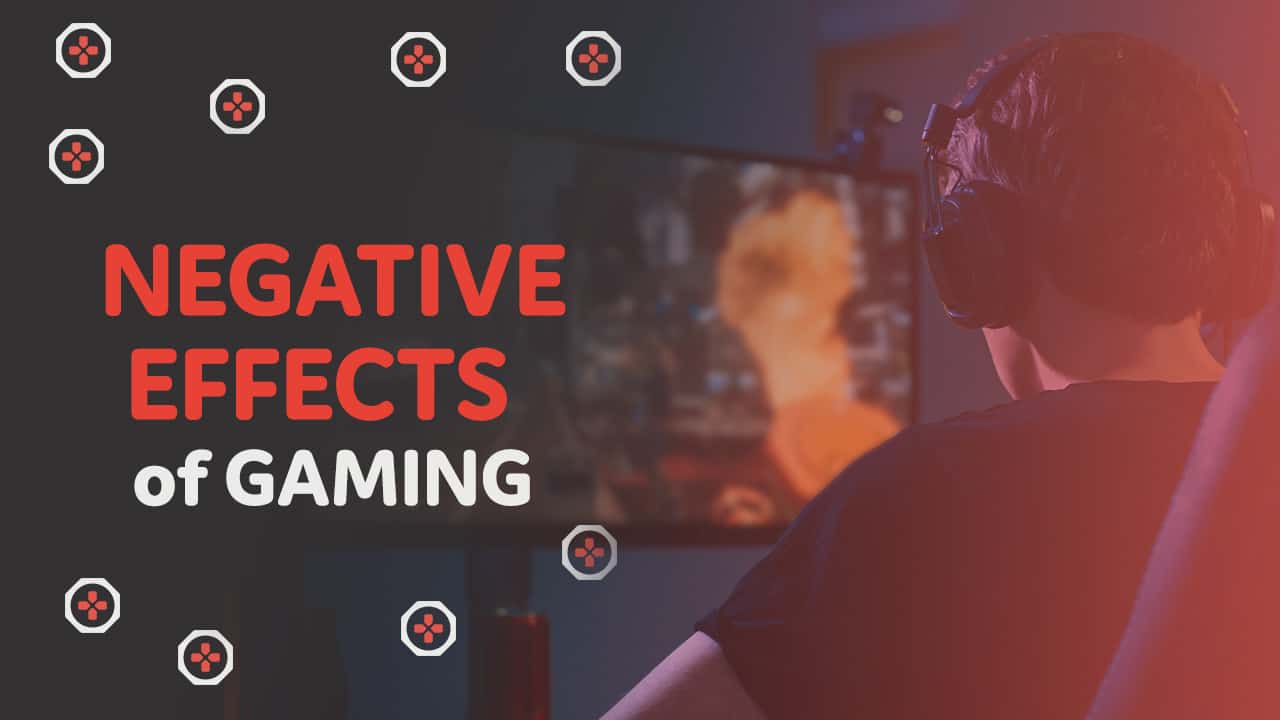Introduction
Video games have become an integral part of modern entertainment, captivating millions of players worldwide with their immersive graphics, engaging narratives, and interactive gameplay. However, the impact of video games on mental health has been a subject of ongoing debate. While some studies suggest potential negative consequences, others highlight their positive effects. This article explores the multifaceted relationship between video games and mental health, emphasizing the importance of balance and responsible gaming.
Positive Effects of Video Games on Mental Health
Stress Relief:
Video games can provide an effective escape from the stressors of daily life. Engaging in gaming can trigger the release of endorphins, which are natural mood lifters. Engaging in a virtual world can temporarily relieve anxiety and stress, offering a form of relaxation.
Cognitive Benefits:
Many video games challenge players' problem-solving, strategic thinking, and spatial awareness skills. These cognitive benefits can translate into improved mental agility and memory, which are essential for maintaining mental health, especially as one ages.
Social Connections:
Multiplayer online games enable players to connect with friends and make new ones from all over the world. These interactions can help combat feelings of loneliness and isolation, promoting a sense of belonging and support.
Therapeutic Potential:
Video games are increasingly being used as therapeutic tools to help individuals manage various mental health conditions. For example, games designed specifically for anxiety or depression can teach coping mechanisms and offer a safe space for self-expression.
Negative Effects of Video Games on Mental Health
Addiction:
One of the most significant concerns regarding video games is addiction. Excessive gaming can lead to neglect of real-life responsibilities, disrupted sleep patterns, and social isolation, all of which can contribute to deteriorating mental health.
Aggressive Behavior:
Some studies have suggested a link between violent video games and increased aggression, especially in adolescents. While the exact nature of this link is still debated, it is crucial to monitor the content and duration of gaming, especially in young individuals.
Sedentary Lifestyle: Spending long hours in front of a screen while gaming can lead to a sedentary lifestyle, which is associated with physical health problems like obesity and cardiovascular issues. Poor physical health can, in turn, impact mental well-being.
Disrupted Sleep:
The stimulating nature of video games, especially if played before bedtime, can disrupt sleep patterns. Poor sleep quality can contribute to mood disorders and cognitive impairment.
The key to harnessing the benefits of video games while mitigating their potential harm lies in finding a balance.
Finding Balance
The key to harnessing the benefits of video games while mitigating their potential harm lies in finding a balance.
Set Time Limits:
Establish clear limits on the amount of time spent gaming each day. This can help prevent excessive gaming that interferes with other aspects of life.
Monitor Content:
Pay attention to the content of the games being played, especially for younger players. Age-appropriate games with non-violent themes can be a safer choice.
Prioritize Real-life Responsibilities:
Ensure that gaming does not take precedence over important real-life responsibilities such as work, school, and relationships
Socialize Offline:
While online friendships can be meaningful, do not neglect face-to-face interactions with friends and family. Maintaining offline connections is essential for mental health.
The impact of video games on mental health is complex, with both positive and negative aspects. Responsible gaming, characterized by setting boundaries, monitoring content, and balancing virtual experiences with real-life responsibilities, is crucial in maximizing the benefits of video games while safeguarding mental well-being. When approached mindfully, video games can provide entertainment, cognitive stimulation, and even therapeutic support, enriching our lives without compromising our mental health.
Conclusion
The impact of video games on mental health is complex, with both positive and negative aspects. Responsible gaming, characterized by setting boundaries, monitoring content, and balancing virtual experiences with real-life responsibilities, is crucial in maximizing the benefits of video games while safeguarding mental well-being. When approached mindfully, video games can provide entertainment, cognitive stimulation, and even therapeutic support, enriching our lives without compromising our mental health.








0 Comments